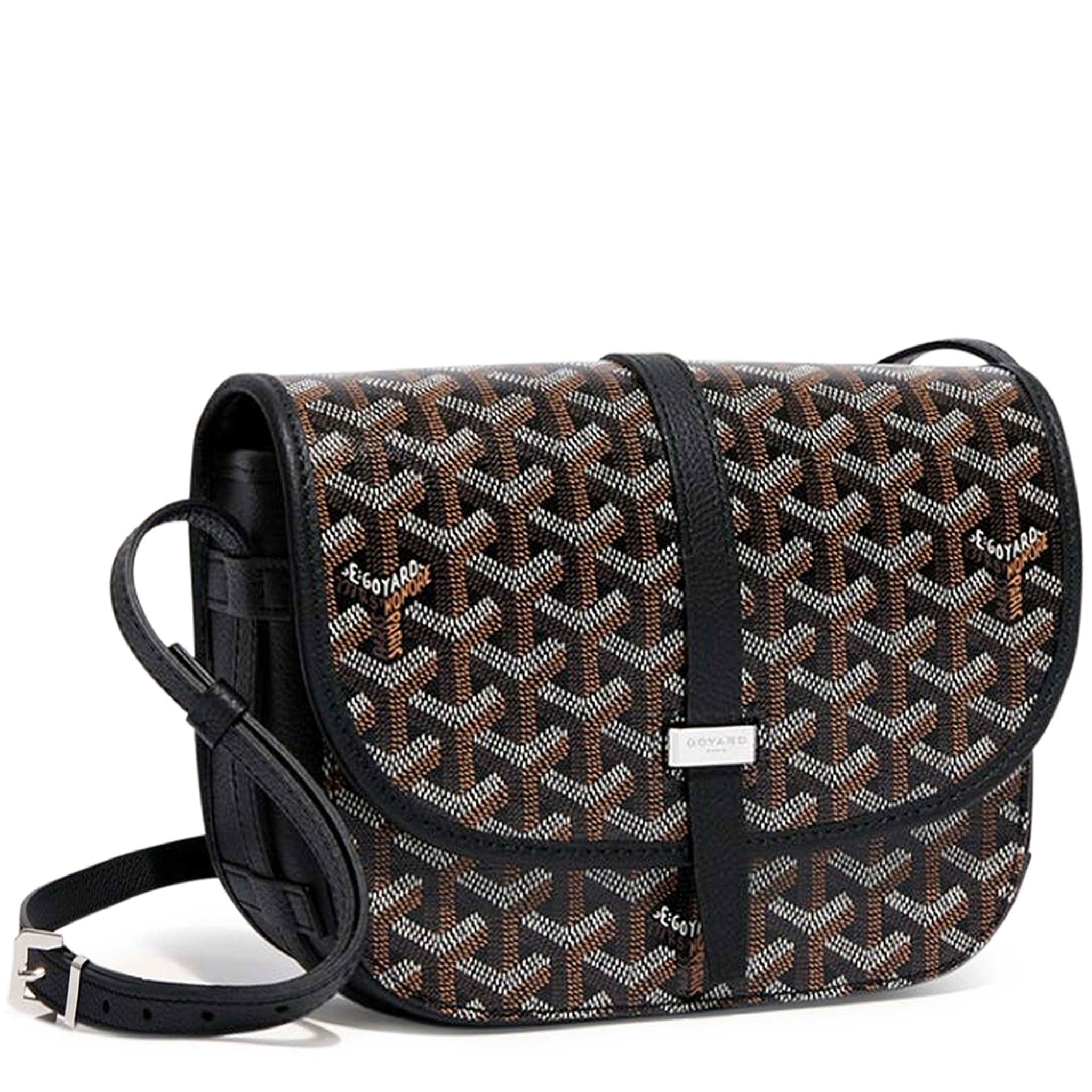The Fascinating Realm of Saint Laurent Reps Uncovered
Introduction to Saint Laurent Reproductions Yves Laurent's, a name synonymous with luxury and style innovation, has long enthralled fashion aficionados with its legendary creations. Founded in 1961 by Yves Saint and his associate Pierre Berge, the brand quickly established itself as a pioneer in the style world. Throughout the decades, Saint Laurent has been known for its bold creations and high-quality craftsmanship, making it a coveted brand among fashion enthusiasts. Nevertheless, with the rise of luxury label costs, many have turned to replicas as an option. Introducing Yves Laurent's reps—replicas of these high-end products that aim to provide the identical allure at a smaller part of the price. This blog post will explore the realm of Saint Laurent's copies, shedding light on their popularity, standard, and ethical issues. A Rise of Saint Laurent's Reps Reasons are They Popular? Yves Laurent's replicas have gained huge popularity for several causes. First and most importantly, the price point is a significant factor. Authentic Saint Laurent's products can run thousands of bucks, making them inaccessible for many. Replicas offer a more affordable way to enjoy the label's style without breaking the bank. Another factor for their popularity is the progress in imitation manufacturing. Improved methods and materials mean that current replicas are frequently indistinguishable from the genuine items to the untrained observer. This makes them an appealing option for those who want the style without the hefty cost.  Finally, the growth of social media and influencer culture has had a role. Style influencers frequently display premium items, making them highly desirable. For those who can't afford the originals, copies provide a way to mimic their favorite icons at a lower price. An Ethical Issues and Legal Concerns of Saint Laurent's Reproductions Moral Considerations The ethics of buying and using replicas is a topic of much discussion. From one side, copies offer access to premium designs for those who can't afford them. Conversely the other side, they bring up questions about intellectual rights and the effects on the fashion world. Buying copies can be seen as endorsing fake markets, which often have links to criminal actions. Additionally, it undermines the hard work and creativity of original designers. These ethical dilemmas make it important for consumers to weigh their choices carefully. Legal Consequences From a legal standpoint, selling and buying copies can have significant repercussions. Numerous nations have strict laws against counterfeiting, and being found with replicas can lead in fines or even imprisonment. Additionally, customs officers frequently seize counterfeit items, leading to a monetary setback for the buyer. Brands like Yves Laurent's also pursue judicial measures against counterfeiters, making it a dangerous path for those participating in the creation and sale of replicas. For buyers, knowing these legislative implications is vital before making a purchase. Quality Contrast: Authentic vs. Replicas Material and Craftsmanship One of the biggest significant differences between authentic Yves Laurent's products and replicas is the standard of materials and workmanship. Authentic pieces use high-quality hide, textiles, and hardware, which contribute to their durability and luxurious feel. goyard reps , while im
Finally, the growth of social media and influencer culture has had a role. Style influencers frequently display premium items, making them highly desirable. For those who can't afford the originals, copies provide a way to mimic their favorite icons at a lower price. An Ethical Issues and Legal Concerns of Saint Laurent's Reproductions Moral Considerations The ethics of buying and using replicas is a topic of much discussion. From one side, copies offer access to premium designs for those who can't afford them. Conversely the other side, they bring up questions about intellectual rights and the effects on the fashion world. Buying copies can be seen as endorsing fake markets, which often have links to criminal actions. Additionally, it undermines the hard work and creativity of original designers. These ethical dilemmas make it important for consumers to weigh their choices carefully. Legal Consequences From a legal standpoint, selling and buying copies can have significant repercussions. Numerous nations have strict laws against counterfeiting, and being found with replicas can lead in fines or even imprisonment. Additionally, customs officers frequently seize counterfeit items, leading to a monetary setback for the buyer. Brands like Yves Laurent's also pursue judicial measures against counterfeiters, making it a dangerous path for those participating in the creation and sale of replicas. For buyers, knowing these legislative implications is vital before making a purchase. Quality Contrast: Authentic vs. Replicas Material and Craftsmanship One of the biggest significant differences between authentic Yves Laurent's products and replicas is the standard of materials and workmanship. Authentic pieces use high-quality hide, textiles, and hardware, which contribute to their durability and luxurious feel. goyard reps , while im